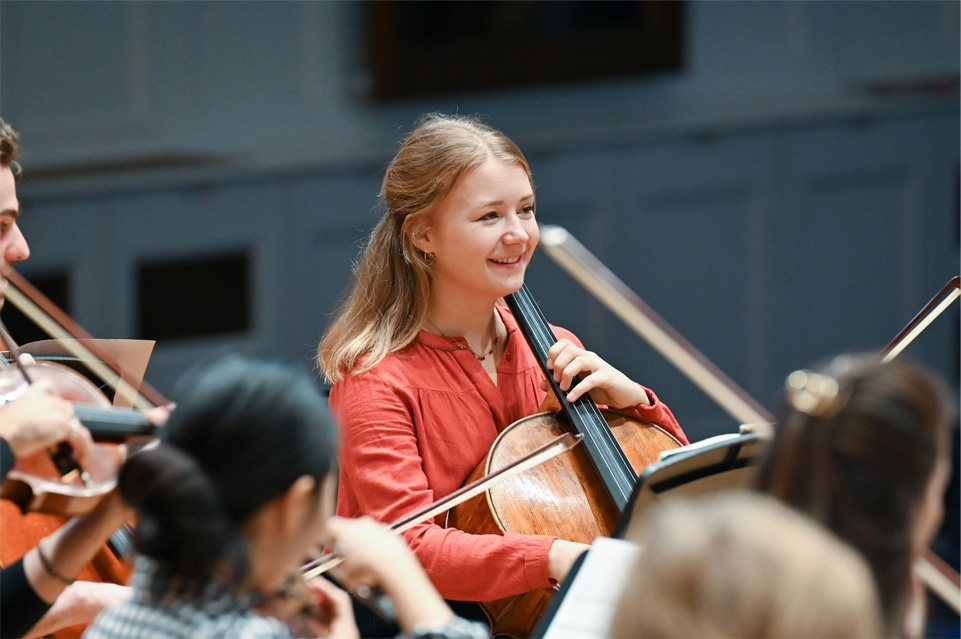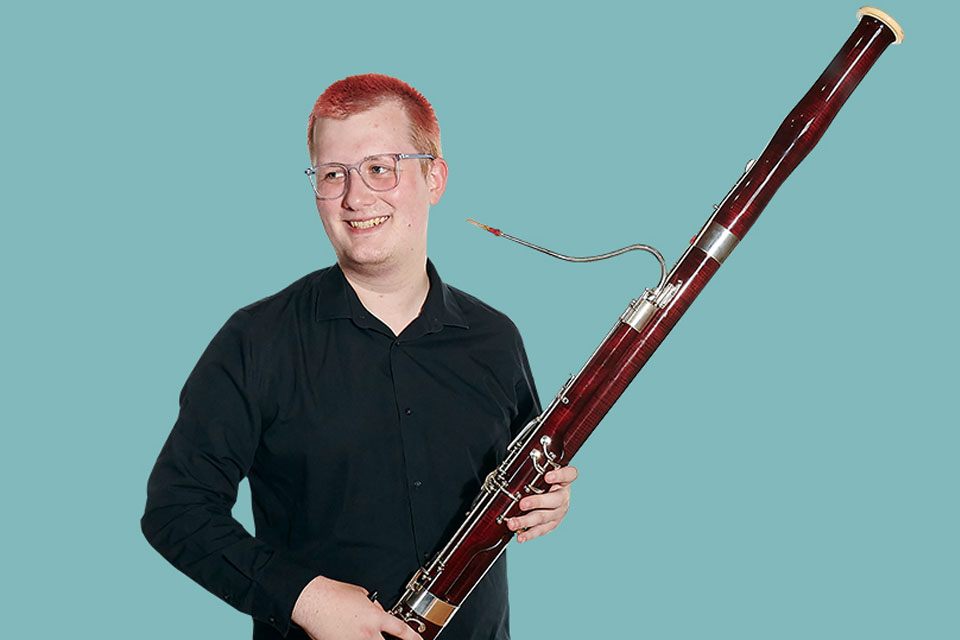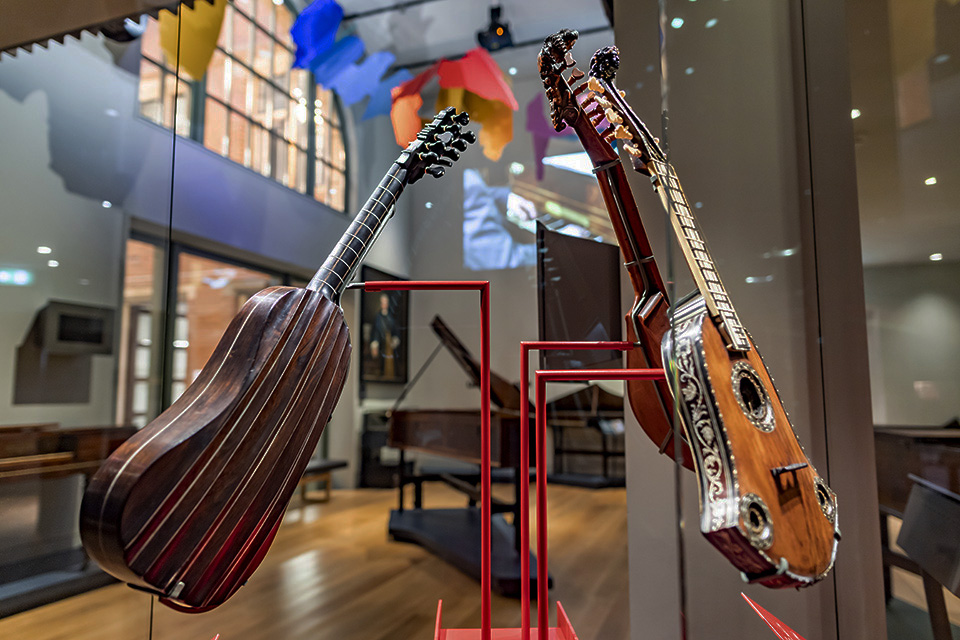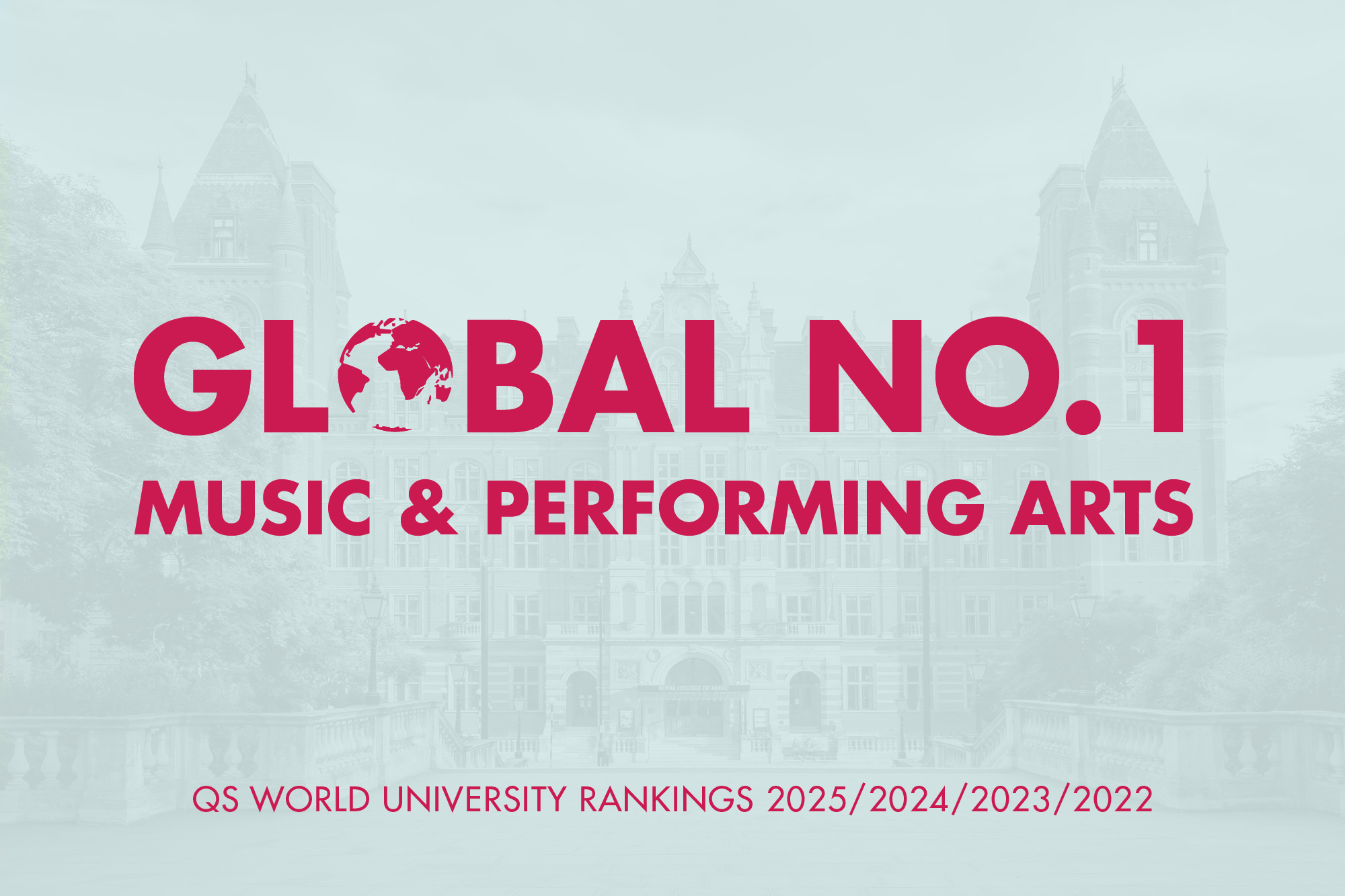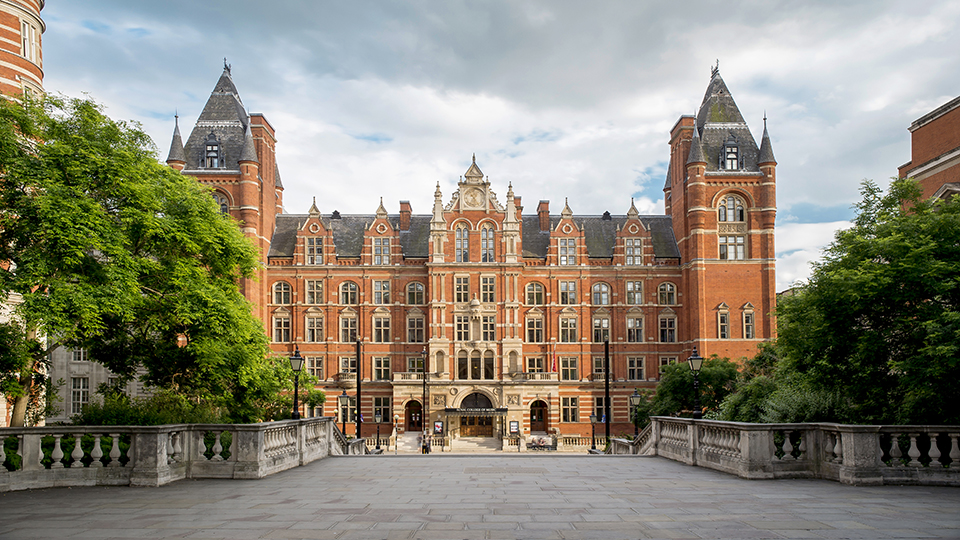Some RCM students receive financial support from external funding organisations. There are a large number of these organisations offering both small contributions and, in some cases, more generous support.
If you are seeking financial assistance from external organisations we encourage you to research the available options thoroughly. Each organisation will have its own restrictions and application procedures.
Finding other sources of funding
There are many private organisations offering financial support to young musicians, but it can be difficult to know where to start looking and how to approach people for funding.
The resources below may be of use to you. We particularly recommend The Alternative Guide to Postgraduate Funding for both undergraduate and postgraduate applicants. Much of the information it contains is relevant to students at all levels.
We have an RCM Musicians' Grant Fund which offers grants to cover the cost of technical equipment and computer software. More details on how to apply can be found on learn.rcm.
The Alternative Guide to Postgraduate Funding
This is a very useful general guide on how to access funding from charities, including advice on how to approach organisations and write applications and lots of helpful contacts. You can download a copy for a small charge from the Grad Funding website.
Find out more
If you are a current RCM student, you can access this guide for free via the Postgraduate Funding Gateway, using your RCM credentials.
The Countess of Munster Musical Trust Funding Guide
The Munster Trust provides a useful list of trusts who support young musicians, including some of the smaller trusts who may not have their own websites.
Find out more
The Directory of Social Change
The Directory of Social Change produces a number of useful publications for those seeking financial support. These include:
- The Guide to Major Trusts, published by the Directory of Social Change in two volumes.
- Directory of Grant Making Trusts, which is a reference book detailing the largest trusts who give grants to organisations.
- The Guide to Educational Grants: a general guide to funding sources for education up to first degree level (does not cover postgraduate or specialist music funding).
- A Guide to Grants for Individuals in Need: a comprehensive guide to funding available to those in hardship, including local, disability-related and religious charities.
All these publications and more are available to buy from the Directory of Social Change website, where you can also find additional resources.
Find out more
Students with disabilities
Students with disabilities may be eligible for additional funding support, via the following:
You can also use the search engines on the following websites:
Please note that the following Trusts and Foundations do not accept direct applications from students. Candidates must be nominated by the Heads of Faculty and the Director of the RCM, and this process cannot be initiated by the student.
- ABRSM Jardine Matheson Prize
- ABRSM Macklin Bursary
- The Biddy Baxter and John Hosier Music Trust
- The Carnwath Piano Scholarship
- The George Drexler Foundation
- The Gerald Moore Award
- The Harriet Cohen Memorial Music Award
- The Irish Heritage Bursary
- The Joaninha Trust
- The John Fussell Award
- The Marjorie & Dorothy Whyte Fund
- The Laurin & Arthur Glaze Trust
- The St Marylebone Educational Foundation
- The Roderick Brydon Menorial Awards
- The RPS Instrument Grants
- The Sir Anthony Lewis Memorial Prize
- The St Marylebone Education Foundation
- The Sylva Gelber Award
- The Tillett Trust
- The Wolfson Foundation
- The Worshipful Company of Musicians Awards (Busenhart-Morgan Evans & David Goldman)
Approaching trusts & foundations
The role of trusts & foundations is to give away money, normally according to very specific criteria. Only apply if you meet all of these criteria and take care to meet the strict deadlines that have been set.
We recommend that you start your search for funding as early as possible in order to meet these deadlines.
Current students can access advice about writing funding applications on the RMC Creative Careers page on Learn.rcm.
Approaching other organisations & individuals for funding
Be proactive and creative in your search. The greater the number of people who are aware of your need for funding the greater your chance of securing the required amount.
- Visit libraries, some of which hold information on trusts.
- Approach firms and organisations in your home area.
- Talk with your teacher; he/she may know of organisations or individuals who may be willing to sponsor you.
- Talk with people in your local community, including theatre and arts organisations.
- Visit the careers office or the alumni association of your previous schools, colleges or universities.
- If you are not a UK student, get in touch with your own ministry of education and local British Council office for details of scholarship opportunities for those students wishing to study overseas.
Don't just look for funding for music students. You may be eligible for a small bursary from your local borough, county or parish, or from another fund supporting young people of your nationality, religion, interests or family background. There are awards for children of shopkeepers, military personnel, vegetarians. Be imaginative in your search!
Best practice when approaching businesses and charities for funding
Businesses and charities are more willing to support candidates who they consider will make the most of their opportunities. Always demonstrate what the impact of their donation to you will be. Any approach to such organisations should be made in a creative but professional way. If you are offered an interview or the opportunity to send in details about your future studies, ensure that you include as much relevant information as possible.
Covering letter
Detail your aspirations and what you wish to achieve during and after your time at the Royal College of Music and how your study at the RCM will ultimately help you reach your career goals.
If possible, research the company or organisation you are applying to, in order to see whether they have a history of supporting students.
Tailor what you write to each organisation. Do not send a generic covering letter to everybody. Follow the application guidelines closely and ensure you fulfil their requirements exactly.
Curriculum vitae
Include a curriculum vitae (résumé) if required. This should outline your achievements to date. Ensure you include references. You can find guidance on creating a curriculum vitae and a cover letter on the RCM Creative Careers page on Learn.rcm.
Budget
It is vital to include a detailed and thoroughly researched budget of the funding you will need to complete your studies. Be realistic, but not extravagant. Organisations will normally want to see exactly how you will be spending their money.
Thank you messages
Always be polite and gracious in your thank you letters, which you should send even if your application has been turned down. If your application is successful it is essential that you write immediately and thank your donor for their support.
Keep in touch with your donor throughout the year and your time at the RCM. Invite them to performances so they can see how their funds are supporting your musicianship. Organisations enjoy following your journey and want to hear about your progress.
Being polite, possitive and communicative will encourage donors to support you in future, as well as encouraging them to support other RCM students who need to apply for help.
Good luck!


